Running is not just about lacing up your shoes and hitting the pavement or a treadmill. It's also about fueling your body for increasing your energy. Your body needs wat eat for nutrition to power through your runs effectively. In this article, we'll delve into the critical topic of how and what you eat before a run can does it significantly impact your running.
When to eat before a run?
General guidelines for the eat timing before a run:
A light snack 30 minutes to an hour before a short, easy run.
A larger meal 2-3 hours before a moderate to long run.
Snacks vs. Full Meals
Differences between pre-run snacks and full meals:
Benefits of snacks:
- Quick and easy to digest.
- Suitable for shorter runs or when you're short on time.
Benefits of full meals:
- Provide sustained energy for longer runs.
- Offer a broader range of nutrients.
How to adjust timing for different run durations?
Short runs (30 minutes to 1 hour):
Light snacks suffice, focusing on easily digestible carbohydrates.
Moderate runs (1 to 2 hours):
Meals should be consumed 2-3 hours before running.
Long runs (2+ hours):
Plan substantial meals 3-4 hours ahead.
Incorporate a larger carbohydrate portion.
Understanding the nuances of when to eat before a run, whether it's a snack or a full meal, and how to adapt your timing for different run durations will help you optimize your energy levels and ensure a comfortable and enjoyable running experience.

What to eat before a run?
Eating the right foods before a run can help provide you with the energy and nutrients you need to perform your best. What you should eat depends on the timing of your run and your individual preferences, here are some general guidelines:
Carbohydrates:
Carbohydrates are your primary source of energy for running. A meal or snack that includes complex carbohydrates can help fuel your run.
Examples of good carbohydrate sources include whole grains (oats, brown rice, whole wheat bread), fruits, and starchy vegetables (sweet potatoes, squash).
Protein:
Including some protein in your pre-run meal or snack can help with muscle repair and maintenance.
Lean sources of protein like poultry, fish, tofu, or yogurt can be good options.
Fats:
While you want to keep fat intake moderate before a run to avoid digestive discomfort, some healthy fats can provide sustained energy.
Nuts, seeds, and a small amount of avocado can be included in your meal or snack.
Hydration:
Staying hydrated is crucial for optimal performance. Drink water throughout the day leading up to your run.
If it's a longer run or a hot day, consider consuming an electrolyte drink or a sports drink with carbohydrates and electrolytes to maintain hydration.
Sample Pre-Run Meals and Snacks:
- A banana and a tablespoon of peanut butter on whole-grain toast (1-2 hours before).
- Greek yogurt with honey and a handful of berries (1-2 hours before).
- A turkey or veggie wrap with whole-grain tortilla and plenty of vegetables (2-3 hours before).
- Oatmeal with almond butter and sliced banana (2-3 hours before).
- A small handful of pretzels or a granola bar (30 minutes to 1 hour before).
Why to eat before a run?
The Role of Carbohydrates in Energy Production
Carbohydrates are the body's primary source of energy for physical activity.
Complex carbohydrates provide a steady and sustained release of energy.
Simple carbohydrates can offer a quick energy boost, but they may lead to rapid energy crashes.
The importance of glycemic index in selecting carbohydrate sources for pre-run meals and snacks.

Glycogen Storage and Depletion
Glycogen is a form of stored glucose in muscles and the liver.
Prolonged or intense exercise can deplete glycogen stores, leading to fatigue.
Consuming carbohydrates before a run helps replenish glycogen stores and delays fatigue.
Protein and Its Contribution to Muscle Repair and Growth
Protein plays a crucial role in muscle repair, growth, and recovery.
Including some protein in your pre-run meal can aid in muscle maintenance.
Healthy Fats for Sustained Energy
While carbohydrates are the primary energy source, healthy fats can provide long-lasting energy.
Hydration and Its Impact on Performance
Dehydration can lead to decreased endurance, muscle cramps, and overheating.
It is importance to pre-hydration in preventing dehydration during a run.
Foods to Avoid Before a Run
Some foods should be avoided before a run to prevent digestive discomfort and ensure optimal performance. Here are the foods should be avoided:
High-fiber foods:
High-fiber foods like beans, lentils, broccoli, and bran cereals can lead to gastrointestinal distress, including gas, bloating, and diarrhea, if consumed too close to your run. They take longer to digest, and the movement involved in running can exacerbate these issues. It's best to avoid these foods in the hours leading up to your run.
Sugary and processed snacks:
Sugary and highly processed snacks, such as candy, soda, and sugary pastries, can cause a rapid spike in blood sugar levels followed by a crash. This can leave you feeling fatigued and low on energy during your run. It's better to choose complex carbohydrates for sustained energy.
Heavy, greasy, or spicy meals:
Heavy, greasy, or spicy meals can lead to discomfort, heartburn, or indigestion during your run. These foods can slow down digestion and increase the risk of gastrointestinal issues. Avoid foods like fried foods, rich sauces, and spicy dishes in the hours leading up to your run.
In summary, choose easily digestible, balanced meals or snacks that provide a good mix of carbohydrates, protein, and some healthy fats. Avoid foods that may lead to digestive issues or energy crashes. Experiment with different foods and timing to find what works best for you, as individual tolerance can vary. It's also essential to stay hydrated but avoid excessive water intake right before a run to prevent stomach discomfort.
Conclusion
Are you ready to unlock your true running potential? Imagine conquering longer distances, achieving faster times, and feeling more energized throughout your runs. It all begins with what to eat before a run. In this article, we'll guide you through the dietary choices that can help you maximize your running performance, ensuring you're always one step ahead in your fitness journey. So, let's lace up the shoes, dig into the science of nutrition, and get ready to transform your runs.











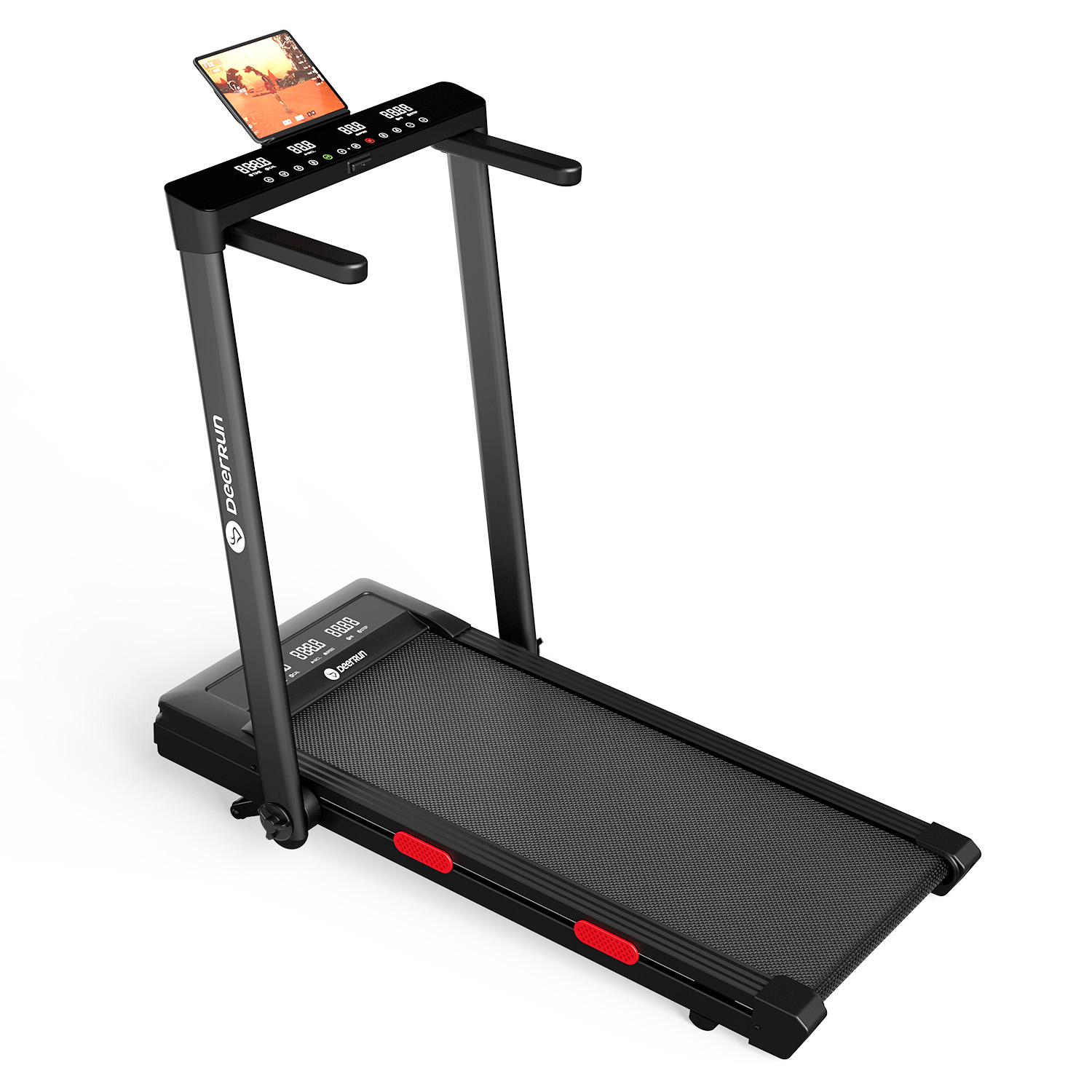










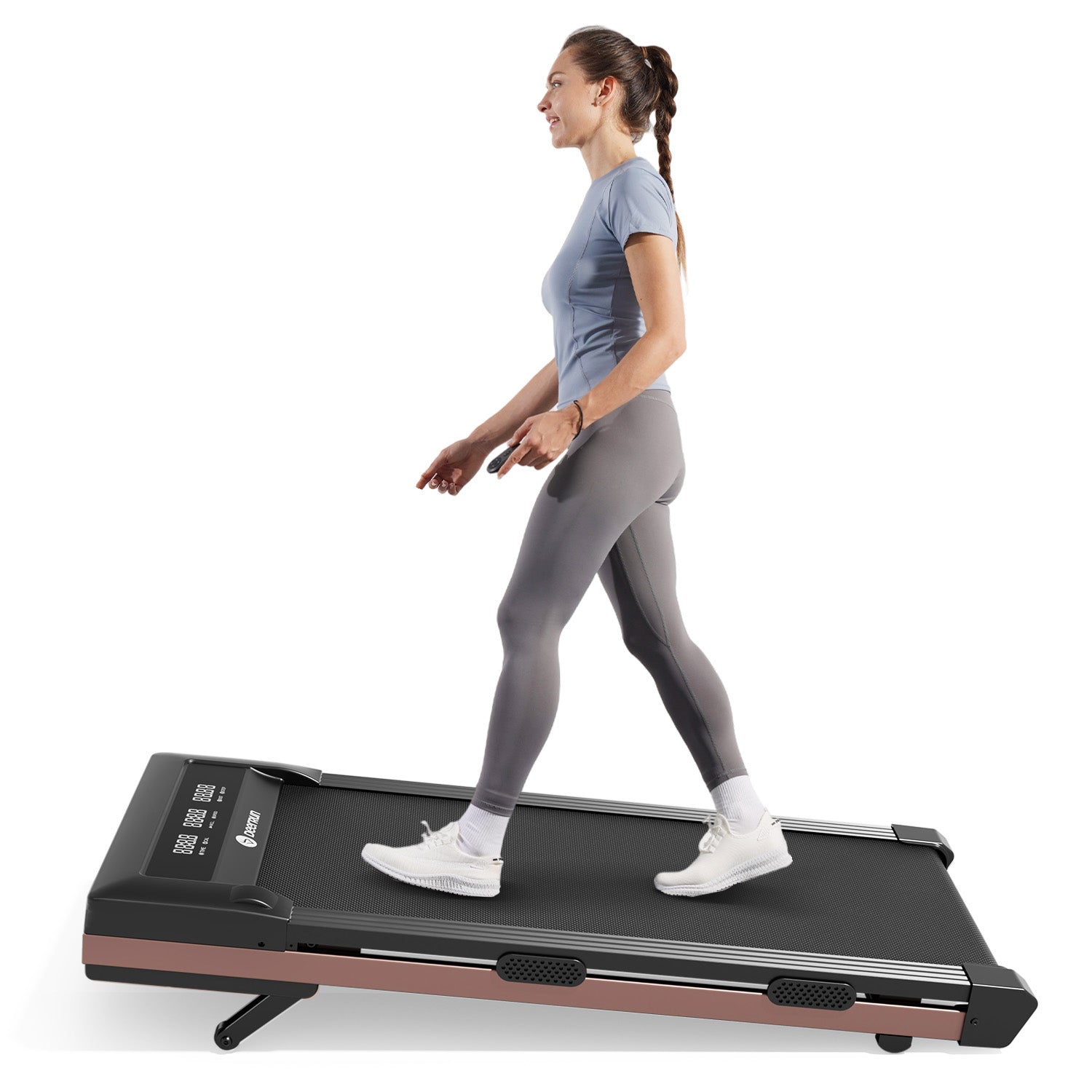
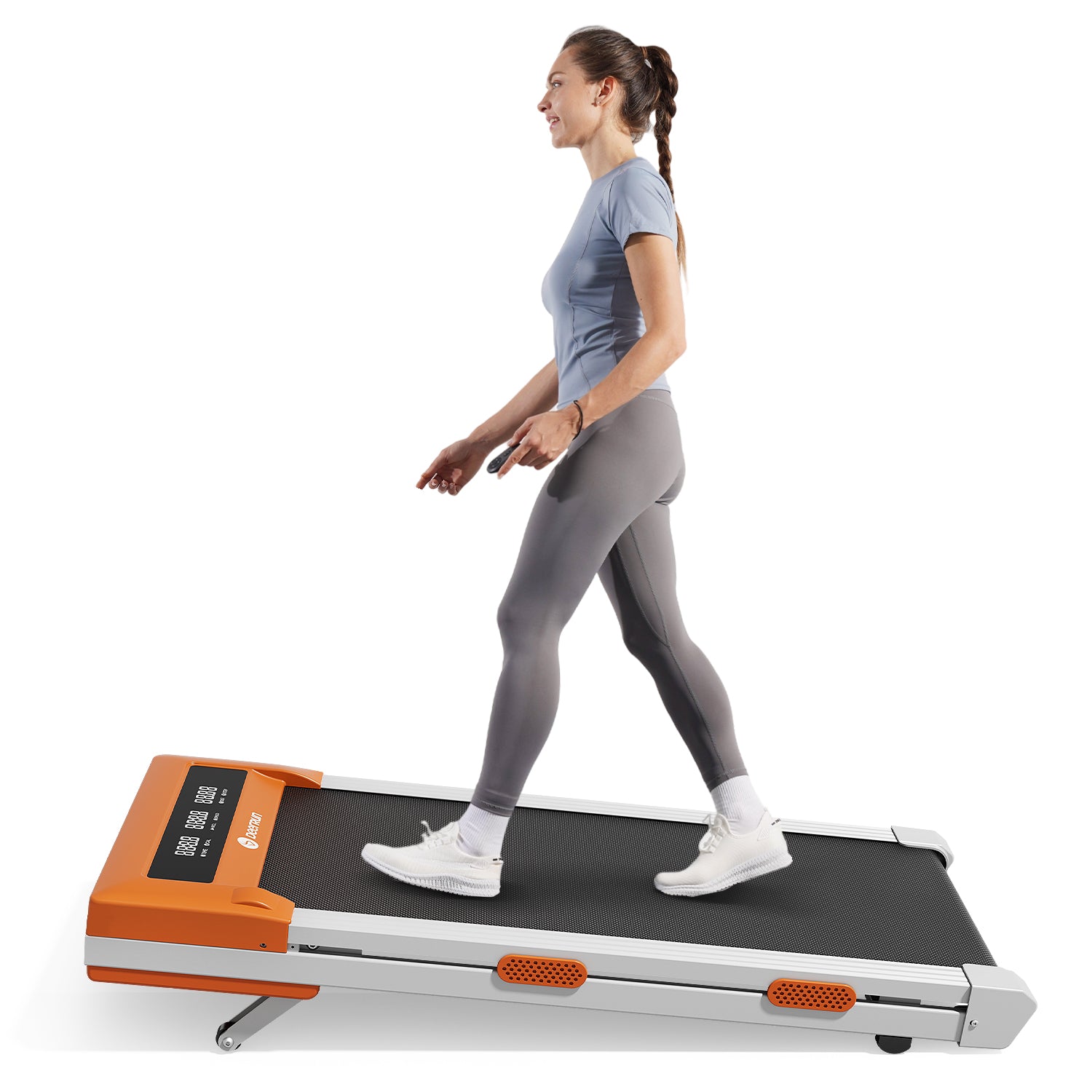
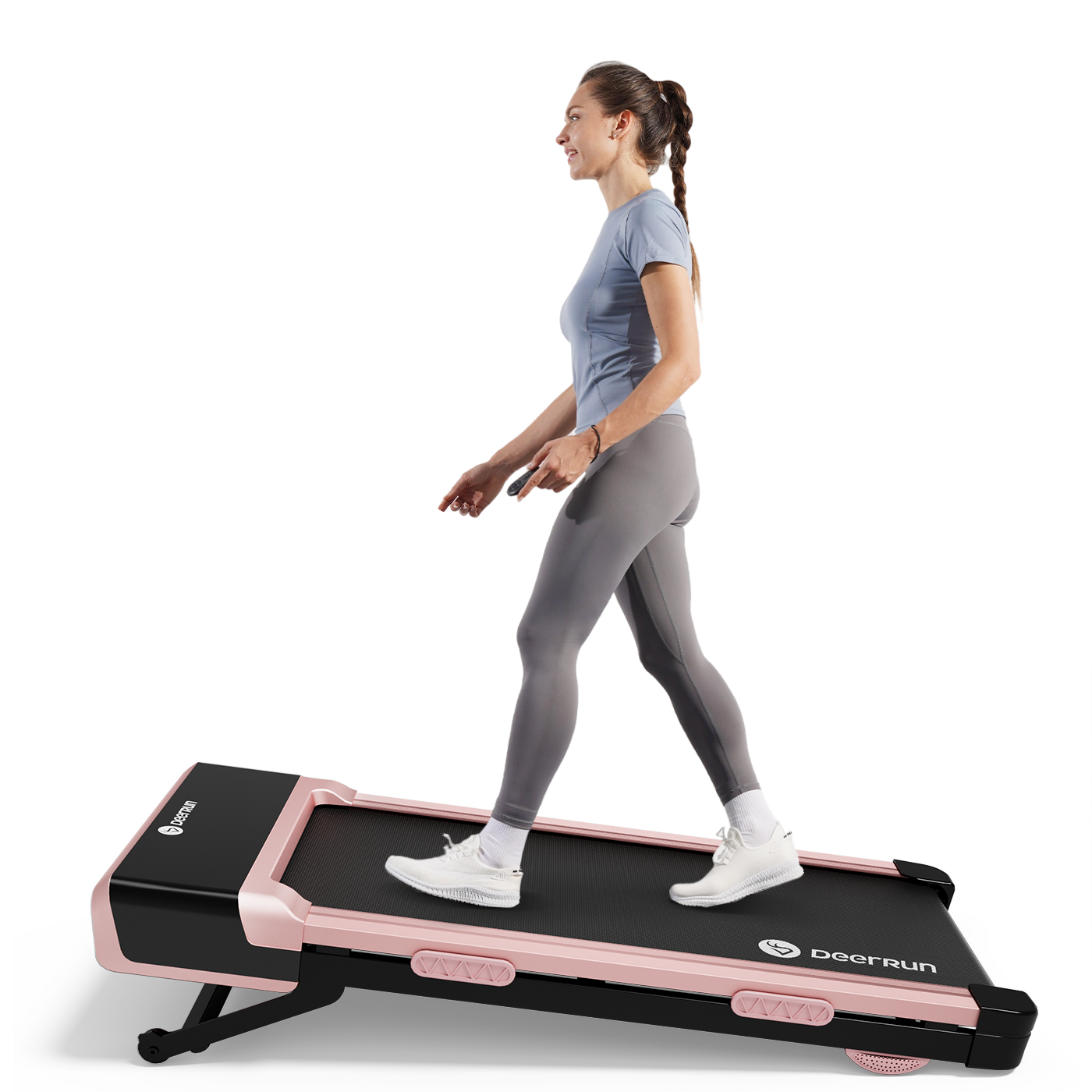
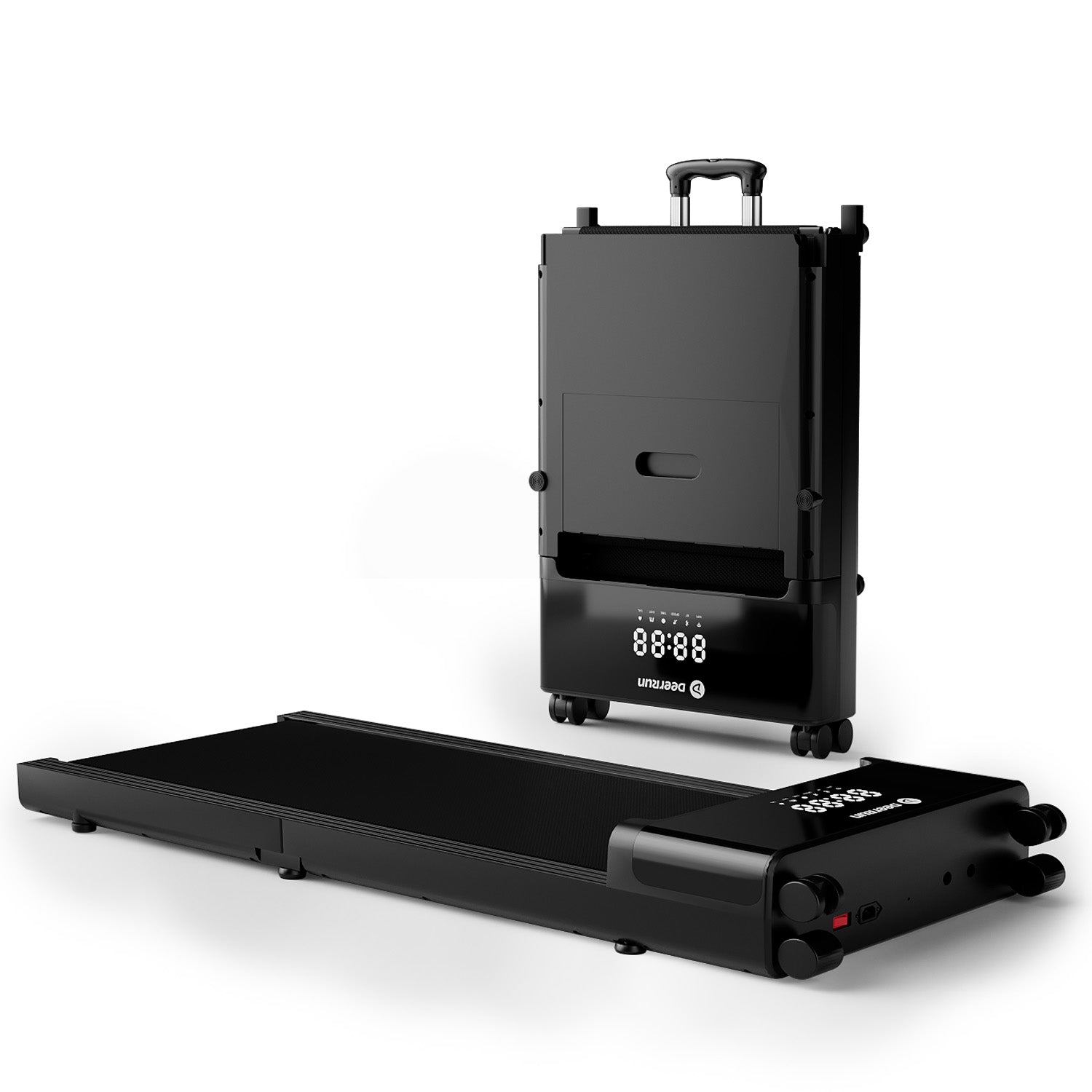



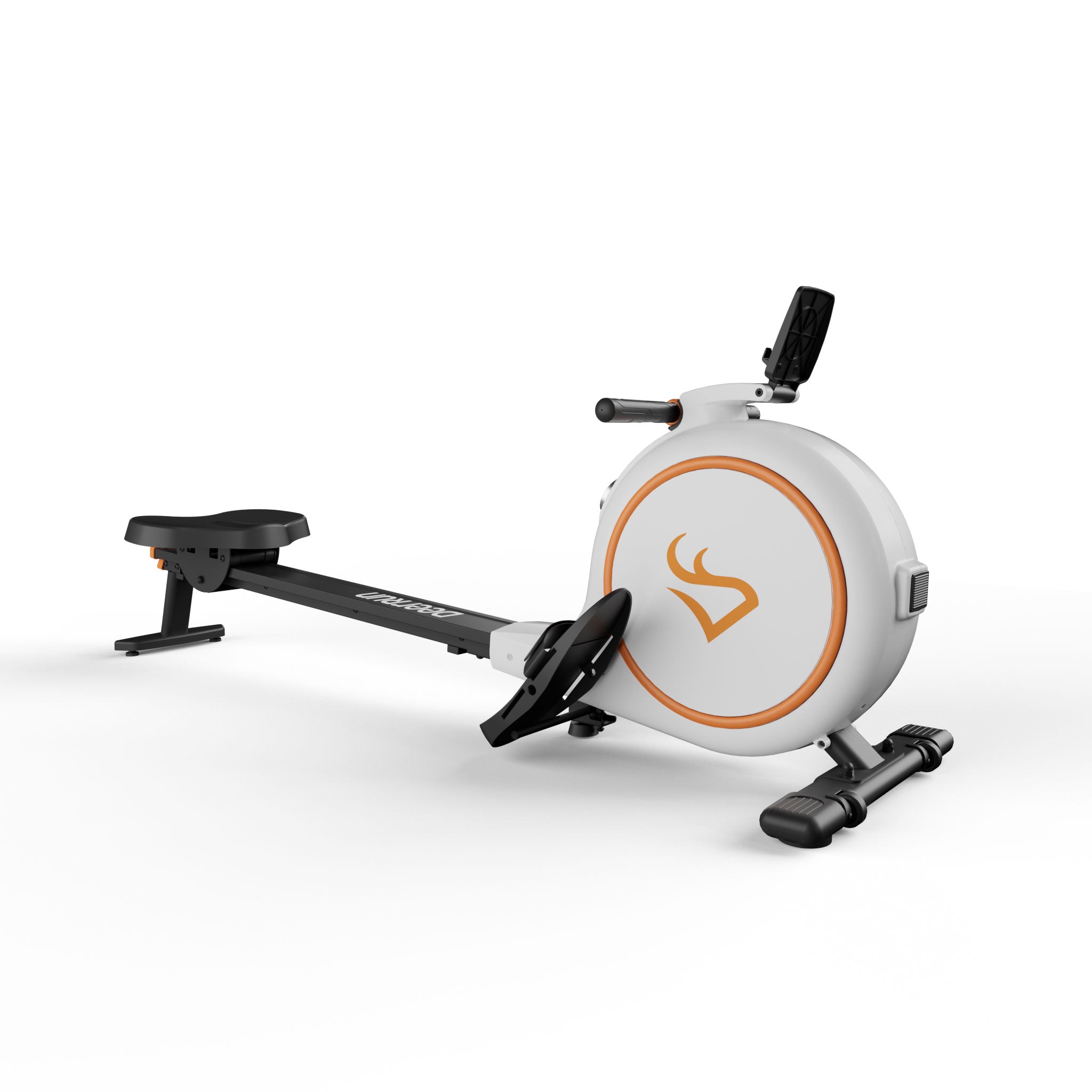




Leave a comment
All comments are moderated before being published.
This site is protected by hCaptcha and the hCaptcha Privacy Policy and Terms of Service apply.